For my website (backend support by Supabase), I have the built-in auth.users table, and a public.profiles table that includes text fields for email, username, and school. I have created a trigger and function that would, upon insertion of a new row in auth.users, will insert a row into public.profiles using the email as email, full_name as the email's username component (myName for myName@email.com), and perform a query for a college name from a public.college_emails table to determine the school (if a person signed up with email with domain "@uci.edu", it will insert "University of California Irvine" in the profiles school field. If it cannot match the domain to a school, it will insert "other".
Example:
Say a user with the email "rickAstley@ucla.edu" registered at my site. Once this row is added into
auth.users, the trigger should execute a function that will add a new row topublic.profileswith the following fields:full_name: rickAstley,school: University of California Los Angeles.
Here is the current Postgres code for the function, which is executed by a trigger on insert on auth.users:
create or replace function public.handle_new_user()
returns trigger as $$
declare
coll text ;
begin
SELECT college
INTO coll
FROM college_emails
WHERE tag = SPLIT_PART(new.email, '@', 2);
IF NOT FOUND
THEN coll = 'Other' ;
END IF ;
INSERT INTO public.profiles (id, email, full_name, school, created_at)
values (new.id, new.email, SPLIT_PART(new.email, '@', 1), coll, current_timestamp) ;
return new;
end;
create trigger on_new_user_created
after insert on auth.users
for each row execute procedure public.handle_new_user();
When I directly perform an insertion into auth.users using a made-up uuid and school email such as:
insert into auth.users (id, email) values ('d1d19367-3d0b-d497-9191-18a9d8e37850','myLongName@ucr.edu')
The trigger and function execute beautifully as intended. However, if I try to add a user to auth.users the standard way, by going to the website as a guest and signing up, I get the error Database Error Saving New User. Here is the image, though I doubt it'll help much:
I don't understand why this code works fine when directly inserting but not when inserting using Supabase's Auth component. This is the code that creates the signup feature:
<Auth supabaseClient = {supabase} socialLayout = "horizontal" socialButtonSize = "xlarge" />
Another thing to note is when I use a function that does not perform a query in the function, such as inserting the first part of the email domain before the first period instead of looking it up in public.college_emails, it works fine (for example, registering with domain "@uci.edu" will insert "uci" into the school field rather than query the full name).
This is that working function:
create or replace function public.handle_new_user()
returns trigger as $$
begin
insert into public.profiles (id, email, full_name, school, created_at)
values (new.id, new.email, SPLIT_PART(new.email, '@', 1), SPLIT_PART(new.email, '@', 2)
,current_timestamp);
return new;
end;
$$ language plpgsql security definer;
I am eager for any leads on this issue, thanks so much in advance.
